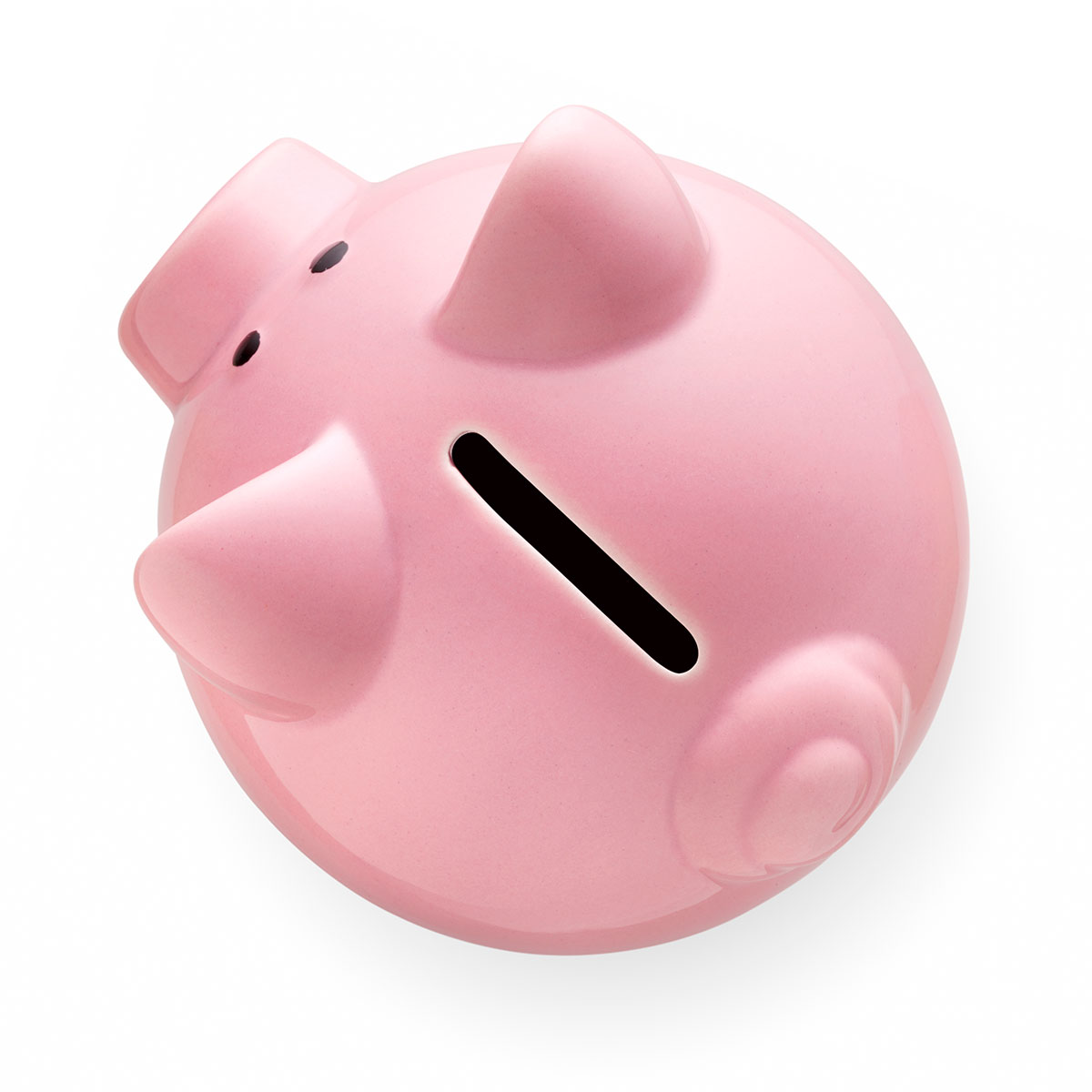Having a tooth removed is usually the last option for situations involving severe decay or infections that cannot be treated otherwise. Because dental extractions are straightforward, they offer a permanent and fast solution to managing some of the most common ailments experienced by dental patients.
Reasons for Extracting Teeth
Some of the most common situations that warrant a tooth removal include:
- Infected or impacted wisdom teeth
- Advanced periodontitis (gum disease)
- Full mouth reconstruction
- Pain
- Dental emergencies
- Non-restorable teeth
What to Expect on the Day of Treatment
As long as your extraction is a simple one, your visit will probably go much quicker than you think! The longest part of the procedure could be numbing the tooth. If your tooth is already fairly loose due to gum disease or bone loss, removing it may take no more than a couple of minutes. However, more complex teeth extractions may require segmenting the tooth and removing it in portions, taking closer to a half hour.
Compared to other routine treatments like fillings or crowns, a tooth extraction is often one of the fastest treatments to have completed in the dental office.
Will it Hurt to Get Your Tooth Pulled?
A typical tooth removal is usually straightforward and simple to complete. Being that local anesthetics are very effective, the area around your oral surgery site can be numbed prior to a tooth extraction. In more complex cases (such as wisdom teeth) there may be a need to create an opening in the gums or bone to access the tooth, making recovery slightly more uncomfortable.
Because your mouth is numb during a tooth extraction, there is no need to expect any type of discomfort.
Recovery After a Tooth Extraction
Depending on how simple or complex your tooth extraction was, you may need up to two weeks to fully recover and feel back to normal. That being said, most people only have to take a day or two off of work (it’s perfect to plan your extraction around the weekend) as long as they stick to a proper diet for the duration of their recovery. The first day or two can still be quite uncomfortable as the blood clot forms and local anesthetic wears off.
What to Eat While You Heal
Your dentist will want you to stick to eating soft foods and taking care not to chew around the extraction site after oral surgery. Safe items to eat while you heal include foods like mashed potatoes, soup (if your mouth isn’t numb,) pudding, ice cream, and gelatin.
Avoid crunchy or firm foods like chips, seeds, or grains that can get caught in and irritate the socket as it heals. Most dentists will also want you to avoid drinking through a straw, carbonated beverages, and tobacco, as all three may potentially dislodge the clot and cause a painful condition known as “dry socket.”
Managing Discomfort
Most of the discomfort after having a tooth pulled is mild to moderate. In the majority of cases, it can be managed with an over the counter pain reliever and by alternating hot/cold compresses to minimize swelling.
In more complex oral surgeries, your dentist might also prescribe a stronger pain reliever. However, prescription opioids for pain relief are much more uncommon than they used to be. Thankfully it’s possible to undergo extractions or wisdom tooth removal without having to rely on anything stronger than what’s available at your local pharmacy.
Replacing Your Tooth
It’s not too early to start thinking about how to replace the tooth that’s been pulled (unless it’s a wisdom tooth, that is.) Why does it matter? Because just one missing tooth can create a chain reaction of sorts, leading to misalignment and shifting teeth throughout the mouth. Even the teeth on your opposing upper/lower arch can start to move.
One of the best ways to replace a missing tooth is with a dental implant, which is another common type of oral surgery. You can also opt for a more traditional dental bridge or removable partial denture.
Talk to your dentist about his or her recommendations to preserve your natural smile and alignment after your oral surgery. To save 15-50% off of your tooth extraction, implant, or other dental procedures, ask about the discounts available through Cigna discount dental plans.







